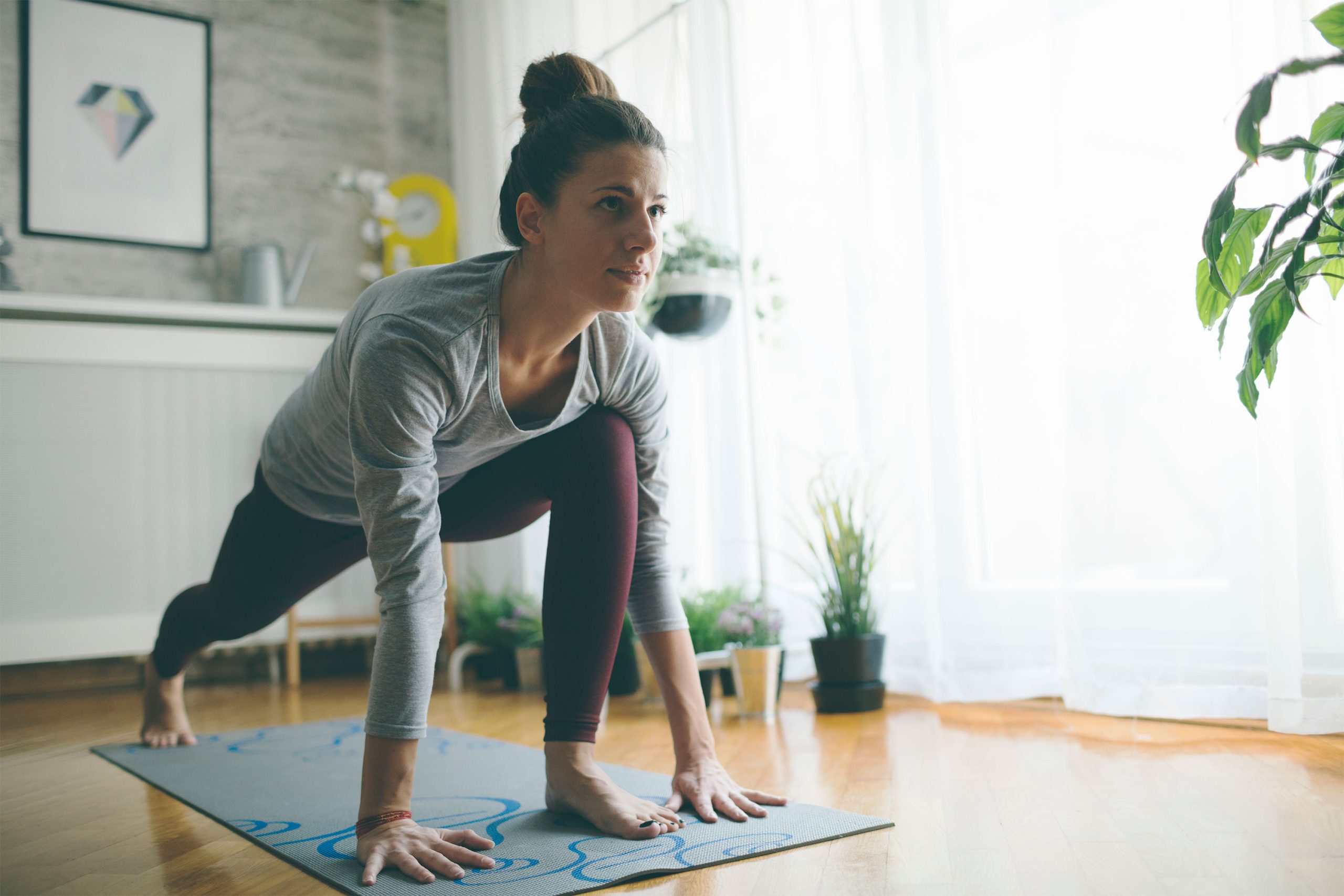Infection
Self-Care Basics For Living With PI
Primary Immunodeficiency: Centers for Disease Control and Prevention. (2022.) “Primary Immunodeficiency (PI).”
https://www.cdc.gov/genomics/disease/primary_immunodeficiency.htm
Chronic Stress and the Immune System: Stress Challenges and Immunity in Space. (2019.) “The Impact of Everyday Stressors on the Immune System and Health.”
link.springer.com/chapter/10.1007/978-3-030-16996-1_6
Meditation: Clinical Psychology Review. (2013.) “Mindfulness-based therapy: A comprehensive meta-analysis.”
sciencedirect.com/science/article/abs/pii/S0272735813000731
The Vagus Nerve: Frontiers in Psychology. (2018.) “Vagus Nerve as Modulator of the Brain–Gut Axis in Psychiatric and Inflammatory Disorders.”
frontiersin.org/articles/10.3389/fpsyt.2018.00044/full
Mindfulness and the Immune System: Annals of the New York Academy of Sciences. (2016.) “Mindfulness meditation and the immune system: a systematic review of randomized controlled trials.”
nyaspubs.onlinelibrary.wiley.com/doi/abs/10.1111/nyas.12998
Mindfulness Apps to Reduce Stress: Mindfulness. (2021.) “Usage Patterns of the Calm Meditation App Among People with Cardiovascular Disease.”
link.springer.com/article/10.1007/s12671-020-01567-4
Exercise to Reduce Stress: American Heart Association. (2018.) “American Heart Association Recommendations for Physical Activity in Adults and Kids.”
heart.org/en/healthy-living/fitness/fitness-basics/aha-recs-for-physical-activity-in-adults
Anti-Inflammatory Diet: American Heart Association. (2021.) “The American Heart Association Diet and Lifestyle Recommendations.”
heart.org/en/healthy-living/healthy-eating/eat-smart/nutrition-basics/aha-diet-and-lifestyle-recommendations
Sleep and Stress: Nature Human Behaviour. (2019.) “Overanxious and underslept.”
nature.com/articles/s41562-019-0754-8
Sleep Tips: American Sleep Association. (2019.) “Deep Sleep: How to Get More of It.”
sleepdoctor.com/stages-of-sleep/deep-sleep/
Asking for Help: Psychological Science. (2022.) “Surprisingly Happy to Have Helped: Underestimating Prosociality Creates a Misplaced Barrier to Asking for Help.”
journals.sagepub.com/doi/10.1177/09567976221097615

